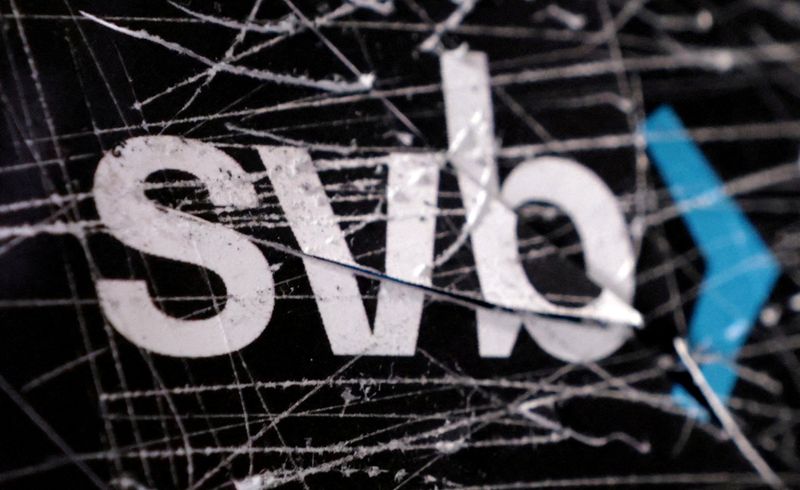By Kylie Madry
MEXICO CITY (Reuters) - Tech startups in Latin America are struggling to find banking alternatives after the sudden crash of Silicon Valley Bank (SVB), one of the few banks that offered much-needed dollar accounts and catered to the specific needs of the sector.
"This touched (almost all) venture-backed companies in Latin America," said Brian Requarth, the Mexico City-based co-founder of startup platform Latitud.
Local startups now have few alternatives for a banking partner in the wake of SVB's collapse, Requarth said. Over the weekend, U.S. regulators announced an emergency plan allowing depositors of Santa Clara, California-based SVB to access their funds.
In 2022, more than 1,300 startups in Latin America raked in an estimated $28.17 billion in funding, according to the Association for Private Capital Investment in Latin America.
Vicente Garrido, the co-founder of Mexican rental property startup Roddo, told Reuters he still was not sure whether the company would make payroll this week.
"We had all of our capital there, in the U.S.," Garrido said. "In Mexico, we held just a fifth of what we spend in a month."
Startups in the region often relied on SVB as one of the few banks that offered them U.S. dollar accounts, a requirement from venture firms providing capital in greenbacks.
Startups would open SVB accounts using what Requarth called a "Cayman sandwich," using holding companies in the Cayman Islands and limited liability companies (LLCs) in the U.S. state of Delaware to avoid a taxation double whammy if the firm was ever sold.
"That's the standard for how venture-backed companies operate in Latin America," Requarth said.
While companies have largely been able to move their money out of SVB, they are now left without a long-term plan, he added.
On Monday, Roddo was able to move its money from SVB to a number of cash accounts the startup had opened with U.S. financial tech firms, Garrido said. However, it may not come in time for employees' mid-month paychecks, he added.
The cash accounts are a stopgap measure, Garrido acknowledged, as the startup is still looking to open an account through its Cayman holding company.
"(A bank) told me, 'Normally we don't open accounts for less than $5 million,'" Garrido said. "'But I'll make an exception for you, and I'll let you open an account with $2 million, $2.5 million.'"
Garrido says he is unsure how long it will take to open an account due to demand and regulatory red tape, adding he had also been in touch with other institutions like Santander (BME:SAN), Bank of America Corp (NYSE:BAC) and Citigroup Inc (NYSE:C).
In China, another startup hub, entrepreneurs told Reuters they were turning to larger U.S. banks or Chinese lenders.
However, Latin American startups complain that banks in the region lack the support they need.

Garrido said in Mexico, banks were just beginning to launch products that cater to startups, and they had yet to prove they had the knowledge, capital and institutional strength to support them.
"My European and American investors probably wouldn't have felt so comfortable investing (in a Mexican account)," Garrido added.